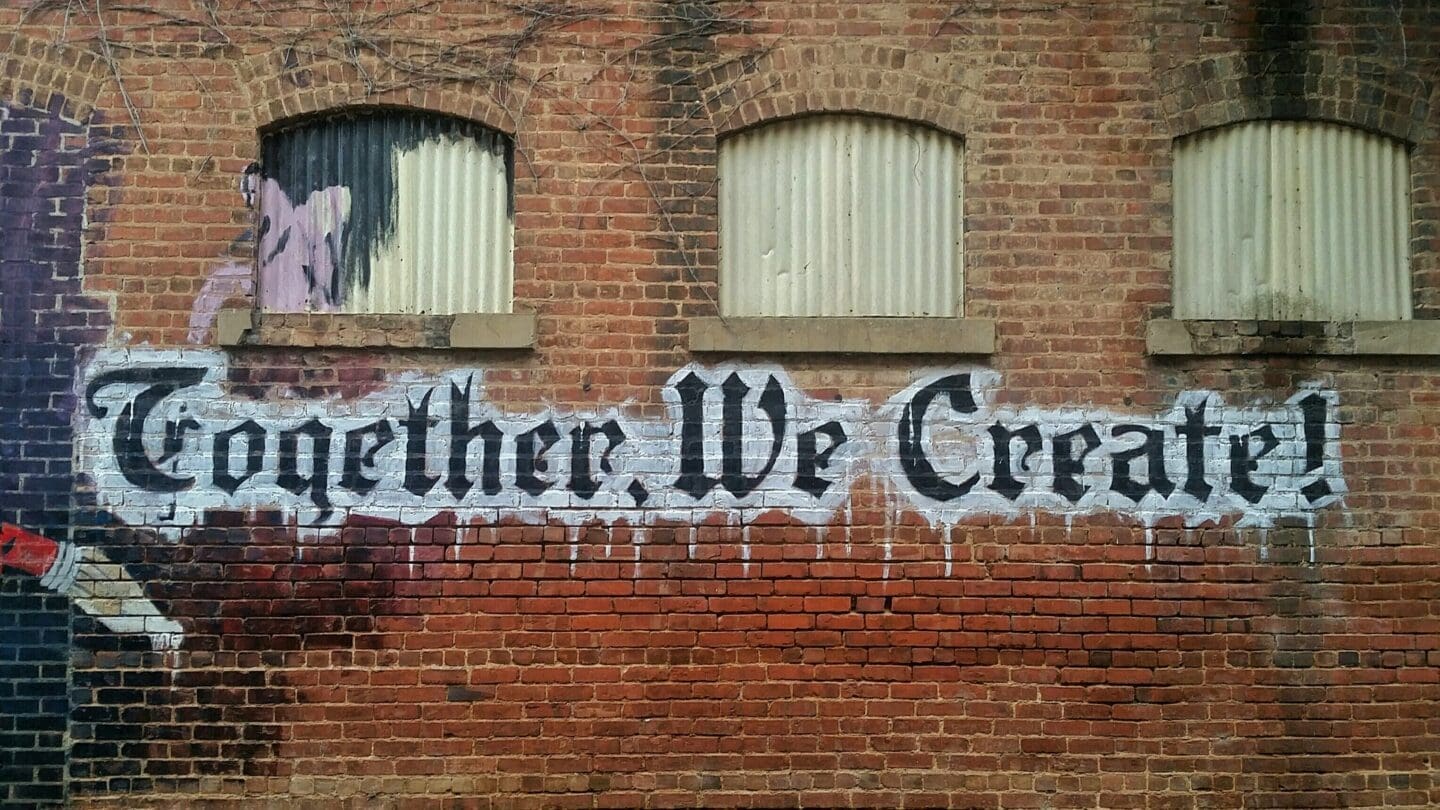Box 1: Examples of Economic Development Tools
From most direct to indirect impact:
- Creating programs to directly support businesses or the workforce
- Managing publicly owned physical assets and real estate, potentially providing discounted space to priority activities
- Providing tax and financial incentives to nudge the private sector into working for the common good
- Creating innovative financial instruments
- Fostering public-private partnerships
- Revitalizing neighborhoods
- Investing in infrastructure and capital projects
The tools effect changes in different ways. Some, such as lending and technical assistance programs, can have direct impact on individuals and businesses. Others, like investing in infrastructure, create an enabling environment that shapes a region’s competitiveness. Still others, involve writing the rules of engagement that shape the way private companies engage with a place and community.
Many tools also face external constraints. Some are limited by statutory authority, for e.g., many tax incentives are given as-of-right, meaning that economic developers have few discretionary benefits to provide for high-impact activities. Still others are limited by procedural requirements, for e.g., neighborhood redevelopments tend to involve re-zonings which require community support and votes by representatives.

And now is the time for change. The infusion of covid-19 recovery funds into communities momentarily alleviated decades of resource constraints that economic developers have faced. As such there is a window of opportunity at this moment to ensure that economic developers use their power for good. “A Playbook for Equitable Economic Development” begins to show how. It identifies four guiding principles, what the authors call “prisms”, across economic development practice areas, exhorting economic developers to:
- Acknowledge the history, discrimination and systems that have kept people of color from creating, building, and retaining wealth. This enables trust and partnership to move forward with communities.
- Target programs and initiatives to affected and vulnerable communities, particularly those with high population(s) of color. This corrects for existing disparities between groups and is a logical step for leveling the playing field.
- Collaborate with different types of stakeholders and across sectors to attain more equitable outcomes.
- Measure progress by incorporating measures of equity and inclusion into performance metrics.
Members of the IEDC, economic developers all across the United States, were also asked to indicate the level of inequity they perceived across economic development practice areas. Entrepreneurship and small business development top the list as most inequitable, followed by workforce development and downtown and neighborhood development. Therefore, for each practice area, the playbook outlines specific strategies to achieve more equitable outcomes, including examples of how EDOs have practiced them with results. Box 2 calls out a few examples. We encourage economic developers to double-click into the chapters most relevant to their context. For the complete list of strategies across more practice areas, refer to the playbook.
Box 2: Sample strategies across economic development practice areas
To encourage more equitable small business development, for e.g., coordinate anchor institutions (e.g. hospitals, universities, and other institutions with long-term investments in the community) to use their purchasing power locally and in a targeted fashion to support small businesses and BIPOC entrepreneurs.
To support equitable workforce development, for e.g., incorporate wraparound services to eliminate barriers to employment unrelated to technical and job requirements.
For equitable neighborhood development, for e.g., facilitate the creation of Community Benefit Agreements, which are legally binding contracts between the developer and a community organization to guarantee benefit to the local community. They can include agreements on affordable housing, local training and hiring, wraparound services, living wage requirements, development of green space etc.
To attract businesses that support equity goals, for e.g., use incentives to support racial equity and inclusive growth goals, such as by revising the evaluation criteria for awarding incentives.
In supporting this work, we hoped to put a spotlight on economic development and the role that policymakers and practitioners have in creating systems change. Economic developers especially have the power to either reinforce existing systemic features, especially historical inequities, or drive structural change to create more equitable communities and economies. This playbook reflects our aspirations for the field of economic development and fervent hope that economic developers will be the force for good that they have the potential to be.
- FEATURE
Investing in Financial Innovations to Narrow the Racial Wealth Gap
What if you made it much easier for workers of color to become business owners, …
SEE MORE
Related Updates

The Urgency of Equity
Bringing justice to a neighborhood or a nation lifts all. Read how our partners and grantees are making opportunity universal and sustainable.
More